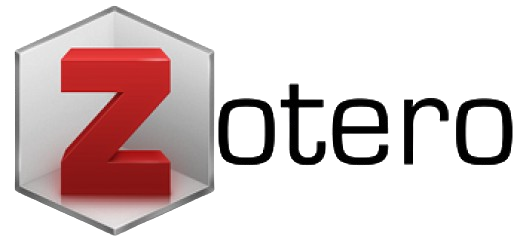Fidel Castro’s Leadership on Political Freedom in Cuba
Abstract
Cuba is a country located in the Caribbean Islands that adheres to a socialist system in its country, this socialist system is believed to have succeeded in providing social security and equal distribution of education for the Cuban people. The 1959 Cuban Revolution led by Fidel Castro successfully adopted a socialist political system based on the principles of Marxism-Leninism, after which on January 1, 1959 marked the revolutionary movement led by Fidel Castro succeeded in overthrowing the dictatorial regime of Fulgencio Batista. The purpose of this study is to analyze the impact of political freedom implemented by Fidel Castro in Cuba. This research uses a secondary research approach by collecting data from relevant sources, such as books, journals, articles, and reliable sources. The results of this study show that Fidel Castro's leadership was instrumental in creating political conditions and political ethos in Cuba, Castro's distinctive rhetoric and ability to mobilize the people made it possible to uphold the ideology of socialism and implement it. However, this leadership was associated with the weakening of the political opposition and the lack of control over the media.
Keywords:
Fidel Castro's Leadership, Political Freedom, Socialist SystemDownloads
References
How to Cite
Published
Issue
Section
License
Copyright (c) 2025 Najla Dara Ayunda, Anggrelita Mutiara Salsabila Dewi , Chifra Zeila Pramesyanti, Mahesha Suryo Megantara, Marsya Zusrieka

This work is licensed under a Creative Commons Attribution-NonCommercial-ShareAlike 4.0 International License.
- Authors retain copyright and grant the journal right of first publication with the work simultaneously licensed under a Creative Commons Atribusi-Non Commercial-Share Alike (CC BY-NC-SA).
- Authors are able to enter into separate, additional contractual arrangements for the non-exclusive distribution of the journal's published version of the work (e.g., post it to an institutional repository or publish it in a book), with an acknowledgement of its initial publication in this journal.
- Every publication (printed/electronic) are open access for educational purposes, research, and library. Other than the aims mentioned above, the editorial board is not responsible for copyright violation.













